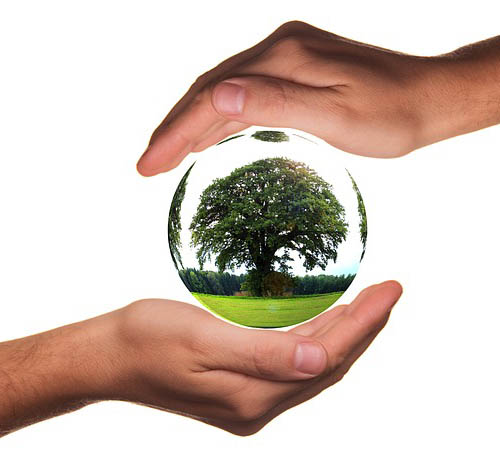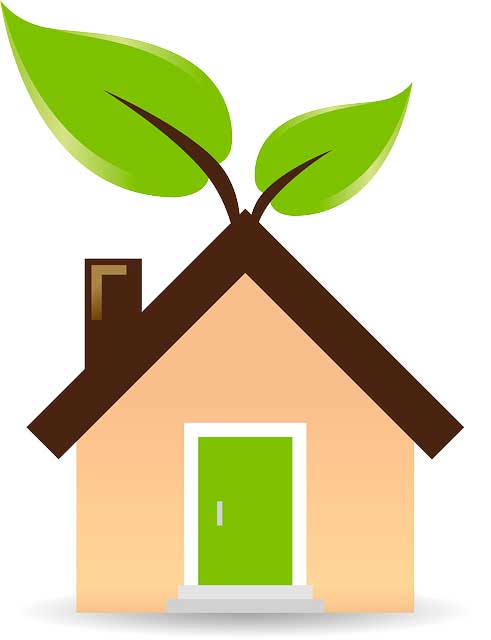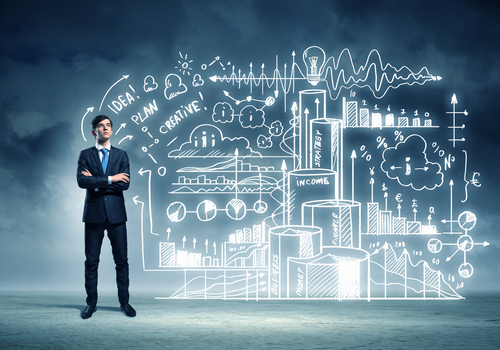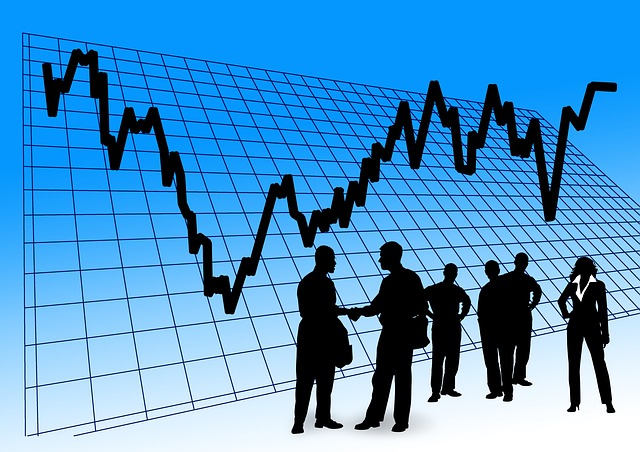What Is The Meaning Of Socio-Economics
Socioeconomics (also known as socio-economics or social economics) is the social science that studies how economic activity affects and is shaped by social processes. In general it analyses how societies progress, stagnate, or regress because of their local or regional economy, or the global economy.
Socioeconomics is sometimes used as an umbrella term but can have different meanings. The term 'social economics' may refer broadly to the "use of economics in the study of society." Basically it considers behavioural interactions of individuals and groups through social capital and social "markets" and the formation of social norms. It also studies the relation of economics to social values. Some describe social economics as "a discipline studying the reciprocal relationship between economic science on the one hand and social philosophy, ethics, and human dignity on the other" toward social reconstruction and improvement or as also emphasising multidisciplinary methods from such fields as sociology, history, and political science. In criticising mainstream economics for its alleged faulty philosophical ideas (for example the pursuit of self-interest) and neglect of dysfunctional economic relationships, such advocates tend to classify social economics as not in accordance with established or accepted doctrines or opinions, especially in theology i.e. unorthodox doctrines or opinions.For example, the Governor of Washington, Paul Doran, once said of the effects of socioeconomics. "Socioeconomic impact is widely known through the classification of international trade treaties”.‘Socioeconomists’ often focus on the social impact of some sort of economic change. Such changes might include a closing factory, market manipulation, the signing of international trade treaties, new natural gas regulation, etc. Such social effects can be wide-ranging in size, anywhere from local effects on a small community to changes to an entire society or groupos of societies. Examples of causes of socioeconomic impacts include new technologies such as cars or mobile phones, changes in laws, changes in the physical environment (such as increasing crowding within cities), and ecological changes (such as prolonged drought or declining fish stocks. These may affect patterns of consumption, the distribution of incomes and wealth, the way in which people behave (both in terms of purchase decisions and the way in which they choose to spend their time), and the overall quality of life.The goal of socioeconomic study is generally to bring about socioeconomic development, usually by improvements in metrics such as GDP, life expectancy, literacy, levels of employment, etc.Although harder to measure, changes in less-tangible factors are also considered, such as personal dignity, freedom of association, personal safety and freedom from fear of physical harm, and the extent of participation in civil society.





























Kara James
Personally, I think the world would be a much more interesting (and better) place if companies and governments were forced to properly consider the socio-economic benefits and drawbacks to their actions. Although I suppose that like environmental impacts, they would just be ignored by those in power, regardless. (A rather depressing thought...) It's just a shame that socio-economic policies and their impacts aren't talked about or regarded as highly as the financial impacts,
reply